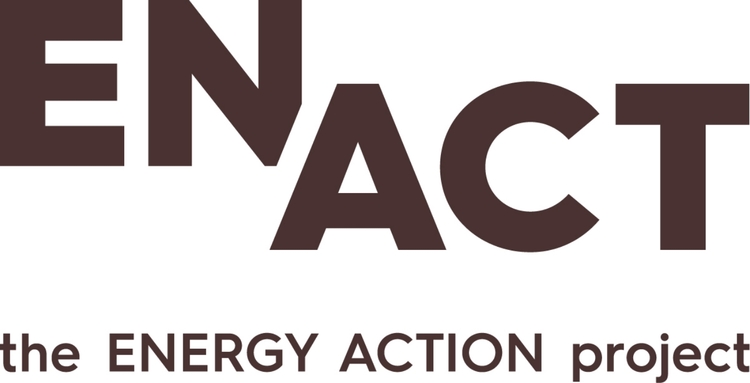As energy prices skyrocket – not only because of the current energy crisis but also because of higher taxation to help pay for the clean energy transition – the risk that many more EU citizens will fall into energy poverty is extremely high. Phd candidate Florian Hanke set out to probe how energy communities can make a difference.
Energy communities (ECs) – mostly groups of private citizens acting collectively to make sustainable energy accessible and affordable – are gaining traction across the European Union (EU). Meanwhile, the current energy crisis is driving more people into energy poverty. Linking these two groups seems an obvious solution to a growing problem.
Easy of installation and low-cost electricity generation make solar panels an obvious choice for many energy communities. Photo: IPG Gutenberg UK Ltd
With the help of an ‘Energy Poverty in Early Career’ (EPEC) grant from the Fuel Poverty Research Network, Florian Hanke initially set out to probe an overarching question: What if the collective effort to achieve a clean energy transition is also causing more people to fall behind in paying their energy bills?
Hanke, who is based at the European University Viadrina in Frankfurt (Oder) Germany, opted to focus his investigation on Germany, where public support for clean and efficient energy – and for energy communities – is high. He soon found, however, that awareness and understanding of energy poverty in the local context is very low.
In fact, Hanke quickly realised the problem is worse than he imagined: ECs and people in energy poverty often don’t know each other exists.
Can data facilitate a long-overdue introduction?
Initially seeking to understand how ECs can improve the situation for people in energy poverty, Hanke and his team mapped a strategy to collect data from both. They sent an online survey to 900 of the 1 000 ECs in Germany and, in parallel, conducted 41 in-depth interviews with members of energy-poor households.
With survey data, they analysed how ECs “contribute to a more just energy transition in Germany.” The interviews revealed opinions of those living in energy poverty and helped to identify their needs.
“Roughly one-third of the energy communities in the sample report indicated wanting to address vulnerable households,” says Hanke. “But only nine (of 900) were pro-actively addressing energy poverty.”
For people in energy poverty, a key insight was that lack of energy wasn’t the only or even the biggest challenge. Rather, Hanke picked up on “how vulnerable households remain excluded from energy transition, without a sense of ownership and belonging.” They showed a lack of awareness on the systemic changes underway, public policies and energy poverty mitigation efforts.
In short, Hanke found that while a wide range of renewable technologies exist, many are unaffordable for low- and middle-income households – and therefore fall short of being ‘accessible to all’.
To learn more about how energy communities are advancing clean energy but not yet contributing to energy justice, click on ‘In-depth’ above.
In northern EU countries, heating accounts for ~60% of home energy bills. Self-generation through community solar systems could help reduce costs of electric heating. Photo: M Gucci
This article was written by Kate Denhart while doing an internship with EnAct in Summer 2022.
The research carried out by Florian Hanke was funded by the Fuel Poverty Research Network, a UK-based charitable organisation for which EnAct founder, Marilyn Smith, serves on the Board of Trustees.



